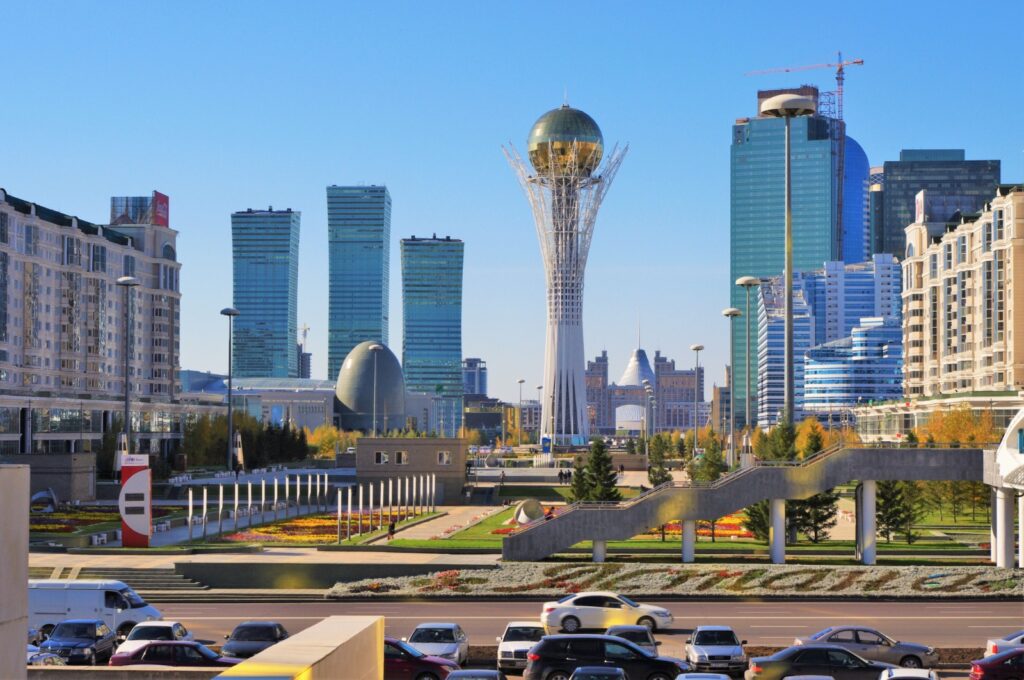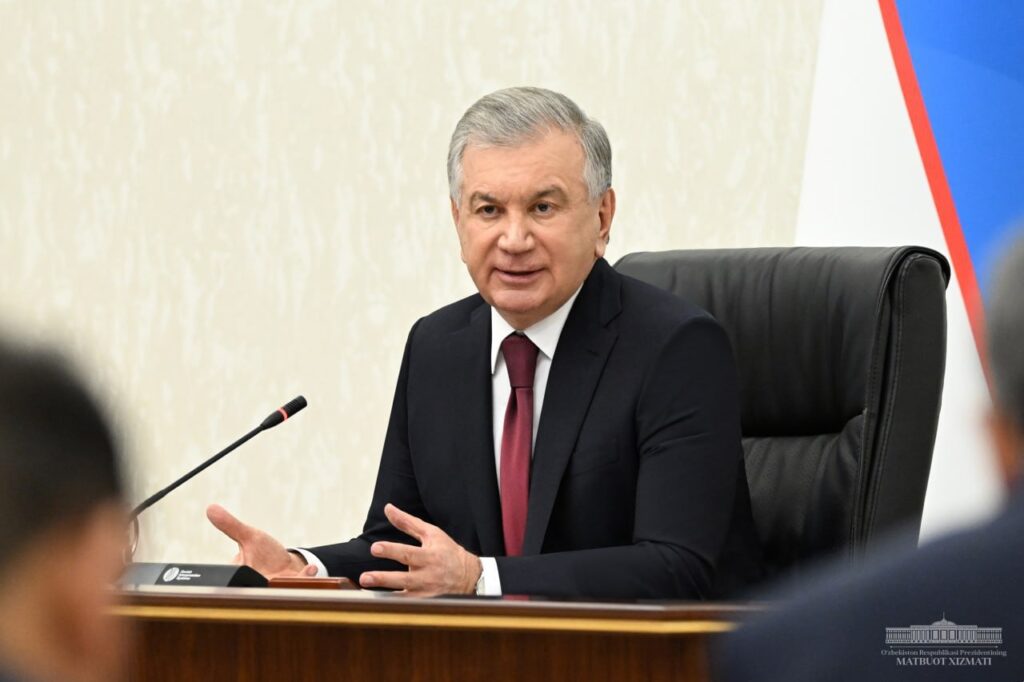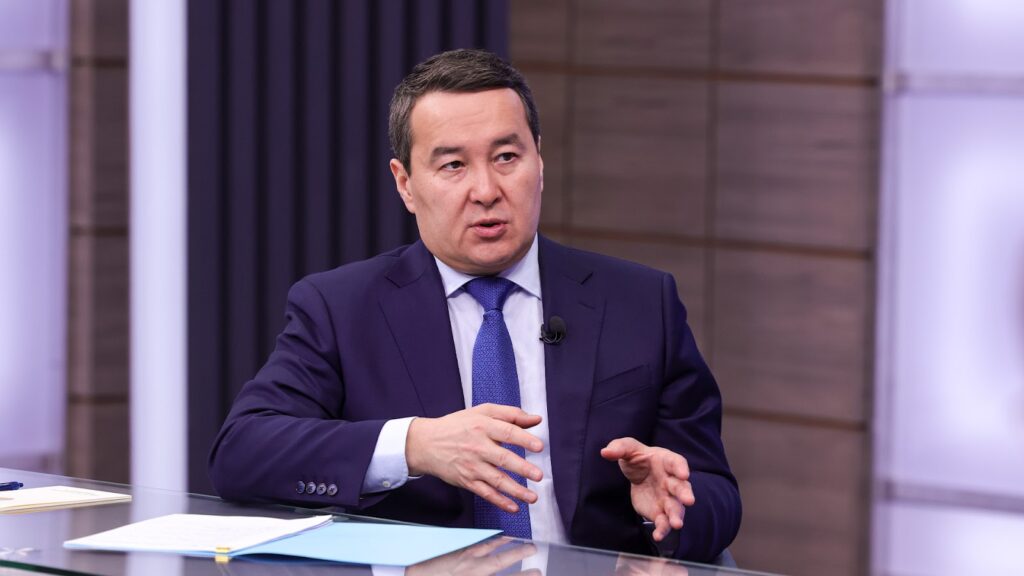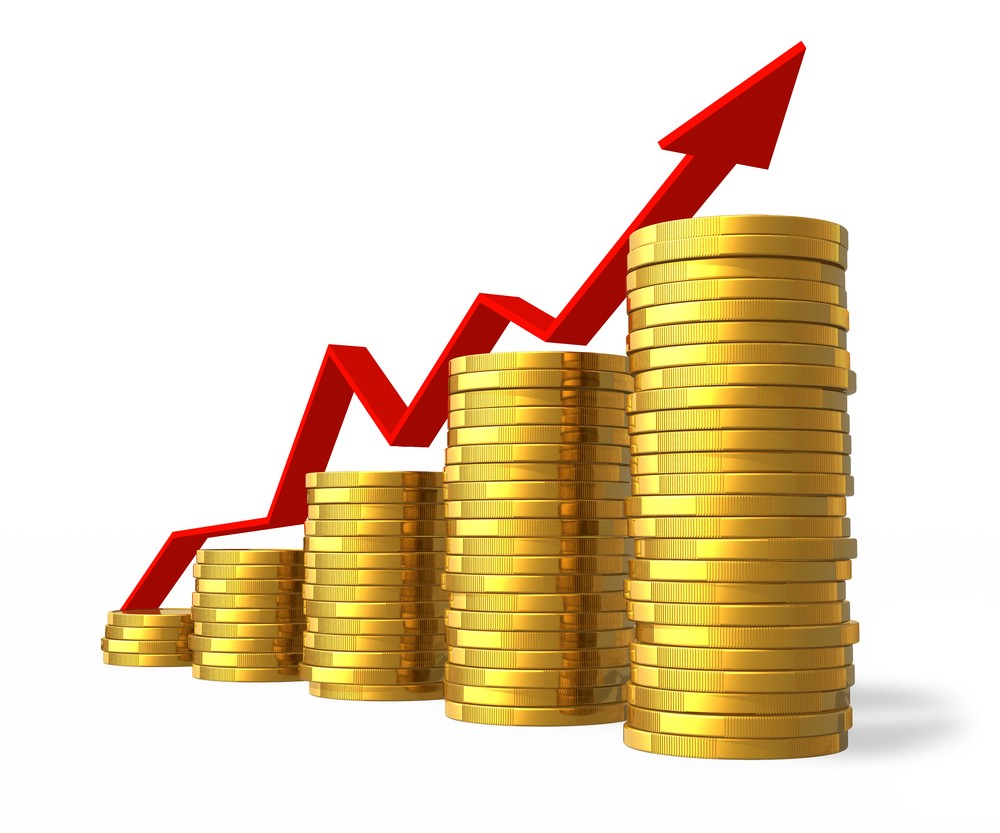Kazakhstan Shapes an Ambitious Future
As Kazakhstan continues on its path towards economic expansion and modernization, it has set forth a revitalization and growth vision for 2024 and beyond, underpinned by a series of ambitious reforms and strategic investments. A central part to President Kassym-Jomart Tokayev’s vision, which he also detailed in a government meeting on February 7th, is the development of a sustainable and inclusive economy driven by innovation, strategic foreign investment and proactive engagement with the global community. Building on the 2023 growth momentum There are positive indications that Kazakhstan is on the right track, despite challenges posed by ongoing global geopolitical risks and uncertainties. Its strong economic expansion continued in 2023, as gross domestic product (GDP) increased by nearly 5% as of the third quarter. The government is aiming to accelerate the pace of growth further throughout the remainder of the decade. Tokayev said in his February 7th speech that the target was to increase economic output to $450 billion by 2029, stressing that to do this, the country will need 6% annual GDP growth. Attracting investment To achieve this ambitious goal, the country’s leadership is currently implementing a series of reforms, which are designed to attract a substantial influx of foreign investment (of at least $150 billion in total) by adopting environmental, social and governance (ESG) principles, as well as by enhancing the country’s overall investment climate. Examples of these initiatives include “green bonds” introduced in 2017; the sustainable finance initiatives presented since 2021 via the Astana International Financial Center, and the mandatory ESG reporting framework for companies listed on the Astana International Exchange. A pivotal element in Kazakhstan’s comprehensive series of economic reforms and investment strategies is the establishment of the Investment Headquarters, which is charged with the critical mission of enhancing the investment climate within Kazakhstan while ensuring qualitatively the proper execution of investment projects. At the same time, the government is working on a new Tax Code that should comprehensively reset the dynamics between the state and the private sector. The development of this code is guided by the need for a delicate balance between creating an environment conducive to investment, and securing the necessary revenues for the national budget. Local capacity building The strategic plan behind the reforms foresees the introduction and transfer of cutting-edge technologies, the localization of production processes, and the establishment of high value-added clusters. These clusters would be strategically focused on driving the acceleration of the manufacturing sector. Potential sectors to benefit from these clusters include green technology, finance, and agriculture. Furthermore, the legislative and institutional framework will be implemented through the enactment of a fresh law on industrial policy and the establishment of a new Ministry of Industry and Construction. A focus on standards of living These steps represent a commitment to improving the overall well-being of the population in tandem with ensuring economic growth. Tokayev has underscored that the focus of these efforts extends beyond merely achieving macroeconomic expansion and emphasized that economic developments must have a...








